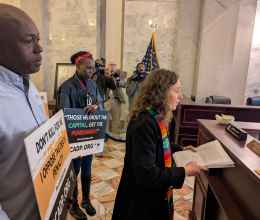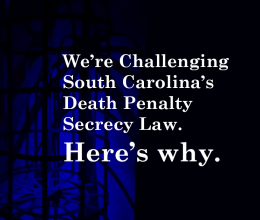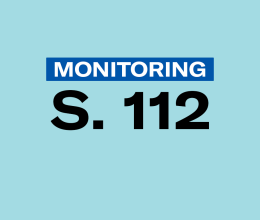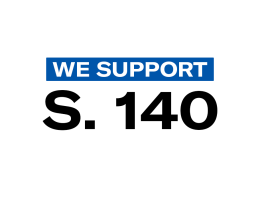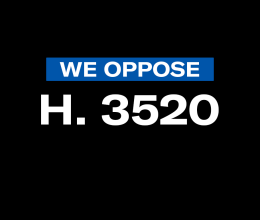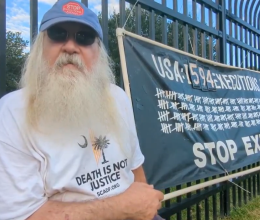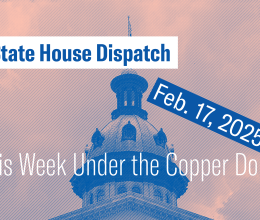
COLUMBIA, S.C. – With just over a week remaining until the state of South Carolina resumes carrying out executions, a coalition of clergy, civil rights leaders, and concerned citizens is asking Gov. Henry McMaster to spare the life of Khalil Divine Black Sun Allah.
Mr. Allah, who was previously known as Freddie Owens, has received a death warrant with an execution date of September 20, 2024. Because his appeals are exhausted, the only remaining option to save his life is for Gov. McMaster to grant clemency and reduce his sentence to life without parole.
WHEN: Thursday, Sept. 12, 2024, 11:30 a.m.
WHERE: Statehouse Lobby, First Floor
WHO: Civil rights leaders, clergy, and elected officials seeking clemency
South Carolinians for Alternatives to the Death Penalty launched a petition for Mr. Owens’ clemency that has received more than 2,500 signatures so far. Leaders from the organization and select coalition partners will give comments and take questions from the press. The petition is available here.
“Khalil is someone who was profoundly failed by our social systems here in South Carolina, and experienced horrific trauma and abuse as a result of our society’s negligence,” said Rev. Hillary Taylor, Executive Director of South Carolinians for Alternatives to the Death Penalty. “We made him this way, which is why he should receive clemency.”
“No one should take a life. Not even the State of South Carolina. Only God can do that,” said Rev. David Kennedy, President of Laurens County NAACP and Pastor of New Beginning Missionary Baptist Church. “There has to be another way to hold people accountable. The death penalty is traumatizing.”
“To those lawmakers who so strongly claim that they are pro-life, and specifically Gov. McMaster, I want to ask: Why are you all OK with letting a man be executed next week?” said Hayden Laye, President of Democrats for Life of South Carolina. “Because we know that executing Mr. Owens next week will solve none of the issues that face our great state today. Executing Mr. Owens will not bring any sort of justice, it will only bring more pain and suffering.”
“The governor has the authority to save the life of a South Carolinian, and we call on him to use that authority now,” said Jace Woodrum, Executive Director of the American Civil Liberties Union of South Carolina. “Beyond today, we call for the abolition of the death penalty in our state and country. Killing human beings in a death chamber does not deliver justice, it does not make us safe, and it has no place under our Constitution.”
Khalil was sentenced to death for the 1997 murder of Irene Graves. Khalil, who was 19 years old at the time, was profoundly traumatized by childhood poverty and suffered horrific abuse in both his home and South Carolina’s juvenile prisons, which left him with organic brain injuries.
If South Carolina carries out the death penalty in this case, it will be the first execution in the state since 2011. Executions and death penalty sentences have been declining across the U.S. since the 1990s. While states including Virginia have recently moved to abolish the death penalty, a small handful of states including South Carolina have passed laws specifically to resume executions following a shortage of lethal injection drugs.
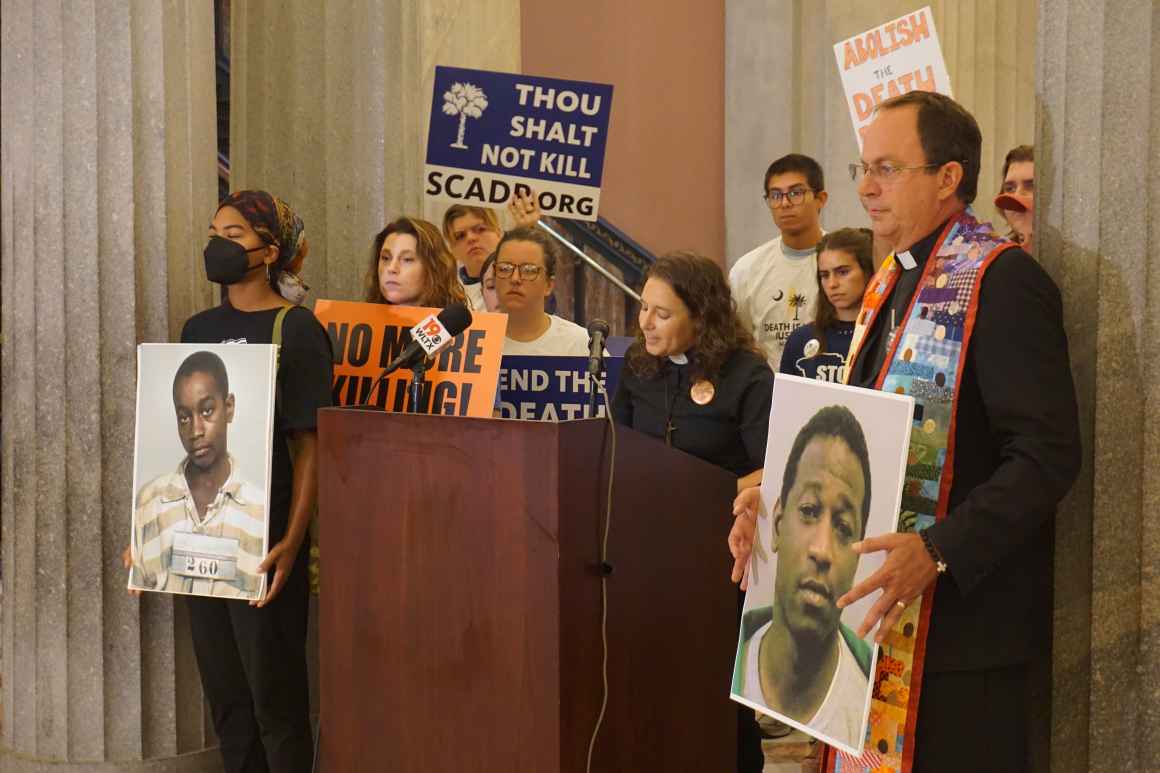
Rev. Hillary Taylor, Executive Director of South Carolinians for Alternatives to the Death Penalty
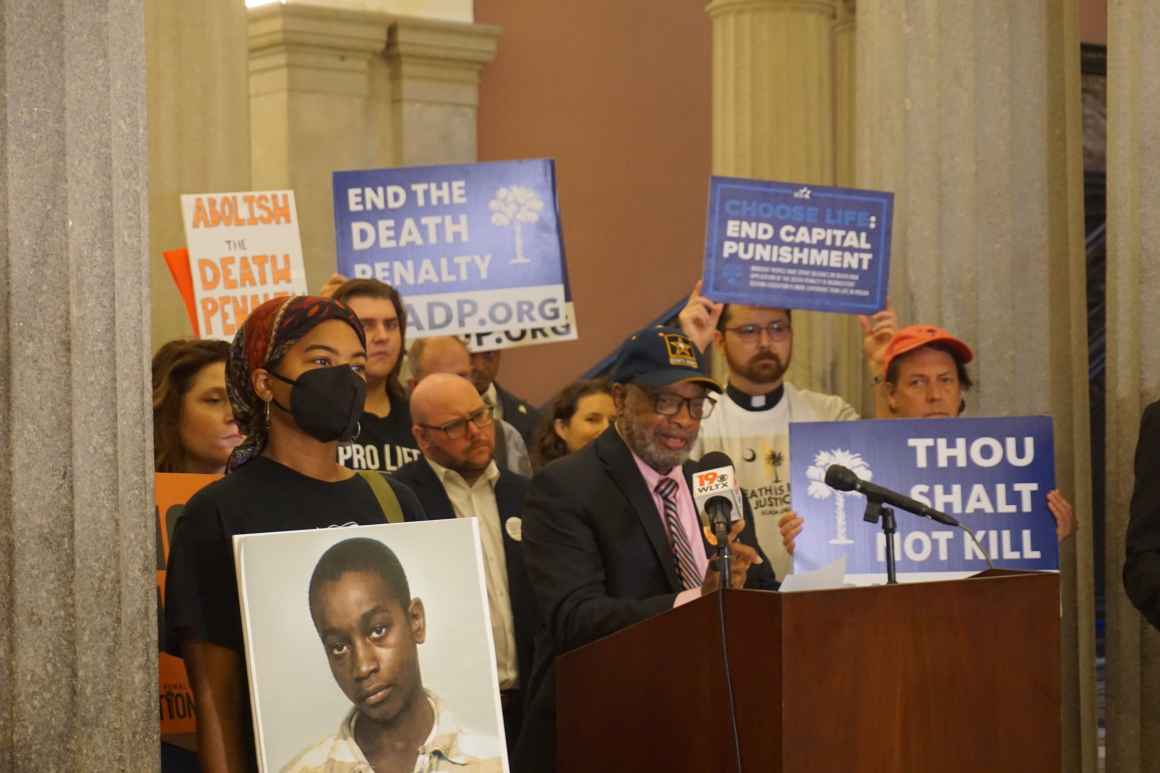
Rev. David Kennedy, President of Laurens County NAACP and Pastor of New Beginning Missionary Baptist Church
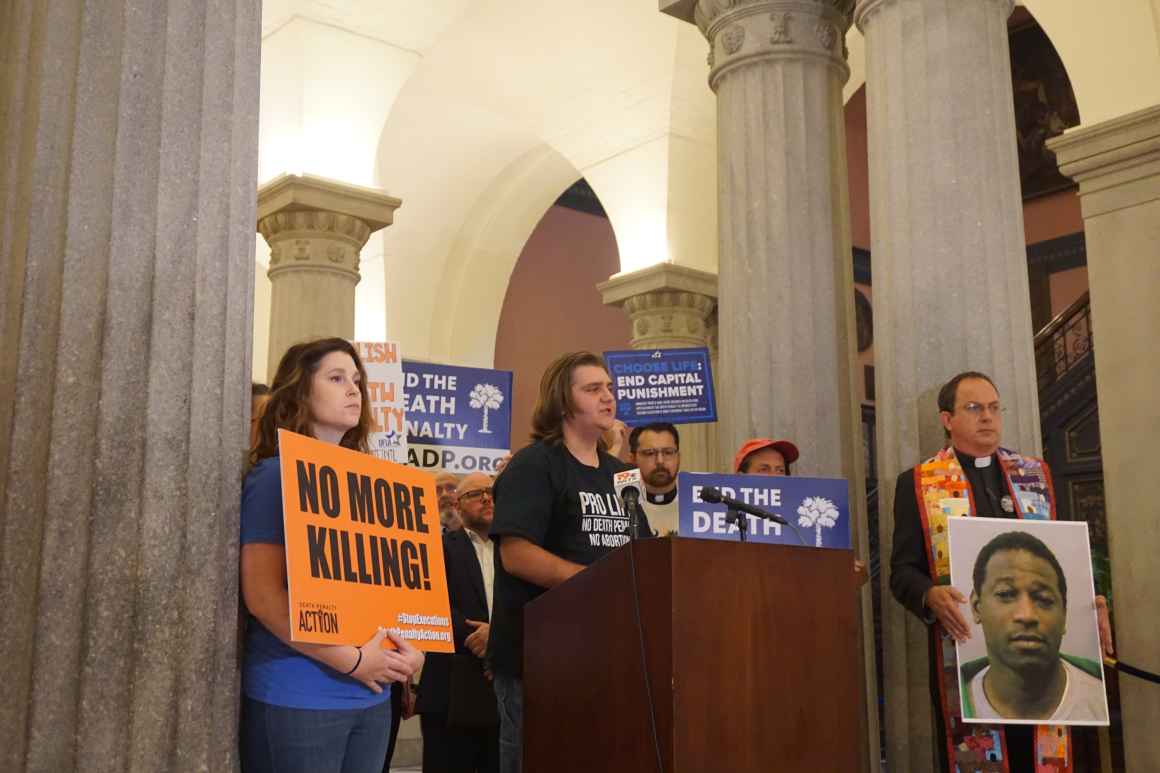
Hayden Laye, President of Democrats for Life of South Carolina
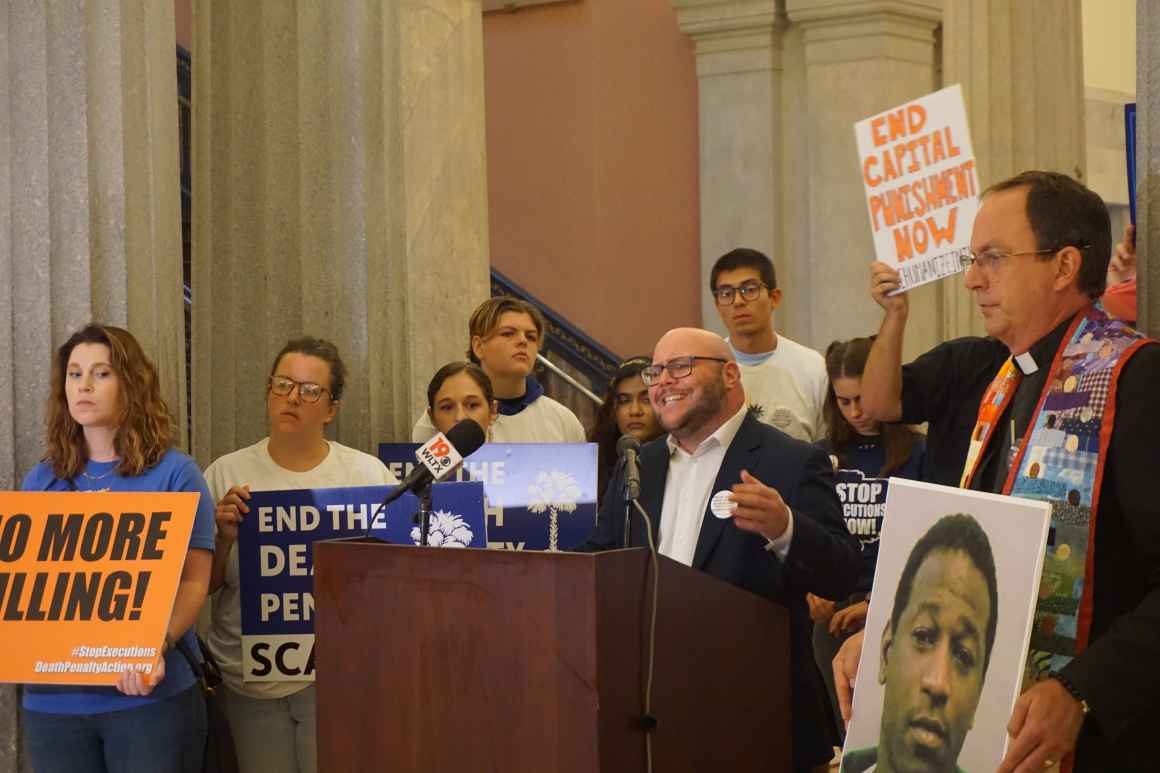
Jace Woodrum, Executive Director of the American Civil Liberties Union of South Carolina

